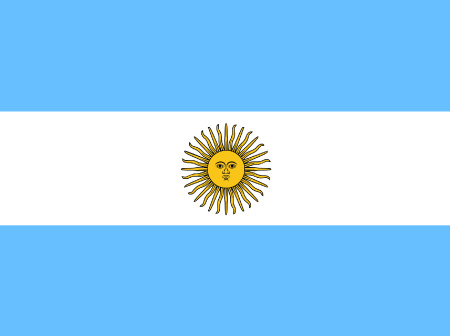Legal Extension through Neighbours is a program that gives legal and civic training to enable ordinary people access the right to justice. The program works especially with financially vulnerable groups who normally receive no help with their problems, and often give up. This training enables any community to have voluntary counselors. The main objective is to provide alternative solutions for common judicial problems through “a neighbor helps another neighbor” strategy. This is based upon the constitutional mandate for every citizen to be aware of the law and his/her own rights and obligations. In the establishment of priorities, some questions considered included: ways to engage people through legal training, people’s perception of the legal system and awareness of constitutional rights and obligations. The project identified neighborhood organizations and established personal contacts to define the community’s needs and expectations. It also worked with town councils to develop the programme through collective agreements. Specific objectives of the project included meeting citizen’s needs and expectations regarding civic and legal education, creating spaces for democratic debate, and teaching the functioning of institutions through which citizens can claim justice or assistance. Strategic alliances with public organizations such as city councils were established for support and continuity of volunteer work. In each province, an NGO resolves the problems locally, while a Latin American network, created in 2008, facilitates access to the program, thus, national and regional impact is attained. Regarding the continuity of volunteer work, workshops for debates and exchange of ideas and opinions are held periodically for the neighborhood counselors. Given the provincial achievements, the program has been transferred from Mendoza to nine provinces in Argentina. The Center for the Promotion of Transference, Evaluation and Systematization (Centro de Promoción de Transferencia, Evaluación y Sistematización del Extensionismo Jurídico Vecinal – CPTES) has been established in Foundation PLUS in Mendoza. The process has been adopted by organizations in Uruguay, Paraguay and Guatemala. Transfers are based on needs identified by organizations from the province that makes a request to Foundation PLUS. The local organization starts identifying possible neighbors interested in receiving training. When training is over, the legal counselor is equipped with a variety of tools to enable, her/him guide those requesting help. When a problem is not solved, the counselor contacts the professionals of the parent organization. This program bases its continuity in the generation of ideas from the community and the neighbor counselors trained to identify potential problems and their solutions. Two very important components are: community-based projects, and continued analysis of the impact. The process of transfer includes identification of local organizations and territorial institutions functioning in the region; diagnosis of the socio-political situation in each community, including possible sources for financial and structural support. Once the local institutions have been specified, a collaboration agreement is signed. This is followed by selection of professionals to be trained as trainers, and neighbours to be trained as counselors. Training of the two groups is followed by opening of legal counseling offices. This practice was first transferred to Chile in 1998 and it has proven to be successful until present time. Each context required some adaptation but no fundamental change in the methodology. The experience has been transferred nine times nationally and four times internationally. The aim is to multiply access to the legal system to impoverished regions, allowing people to understand the concepts of citizenship, justice and rights; and to personally experience political, social and self realization. Noteworthy results include: Maipú, in Mendoza city, where participative budget has been implemented, with active participation of extensionists. The community suggests and prioritizes communal activities to be financed by the city council. In Uruguay, in the city council of Maldonado, extensionists take part in the Council’s assessment of public policies. The programme contributes to social inclusion and equality – the only specification is age, 18 being the minimum age for trainees. Legal formation and training, is done in simple language for citizens who have only basic schooling, respecting their ethnic, social and cultural backgrounds. Emphasis is on providing broad knowledge on the functioning of the legal system. This practice has been supported by provincial legislations giving access to requisite resources such as a physical space for legal counseling offices. The program has received recognition at the municipal, provincial and national levels. This practice has succeeded in transferring to local, provincial and national levels due to its strategic design, structure and methodology.
–
Fundación Plus
Juan Pobre 457 Barrio Dalvian Manzana 26 Casa 27 Ciudad De Mendoza 5500 Argentina
fundacionplus@yahoo.com.ar
+54 261 4445994




